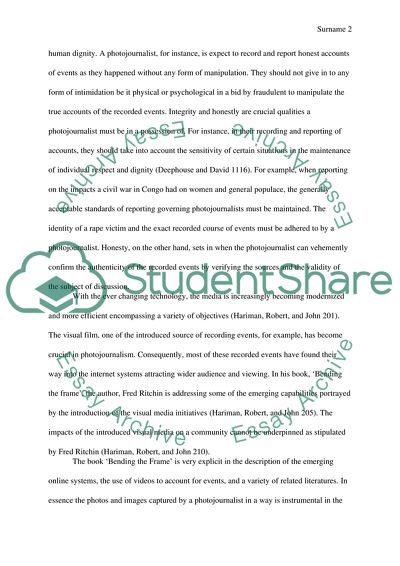Cite this document
(“Types of Journalism, Mass Media and Communication in History Essay”, n.d.)
Retrieved from https://studentshare.org/journalism-communication/1693442-take-home-final-exam-paper-2-questions
Retrieved from https://studentshare.org/journalism-communication/1693442-take-home-final-exam-paper-2-questions
(Types of Journalism, Mass Media and Communication in History Essay)
https://studentshare.org/journalism-communication/1693442-take-home-final-exam-paper-2-questions.
https://studentshare.org/journalism-communication/1693442-take-home-final-exam-paper-2-questions.
“Types of Journalism, Mass Media and Communication in History Essay”, n.d. https://studentshare.org/journalism-communication/1693442-take-home-final-exam-paper-2-questions.


